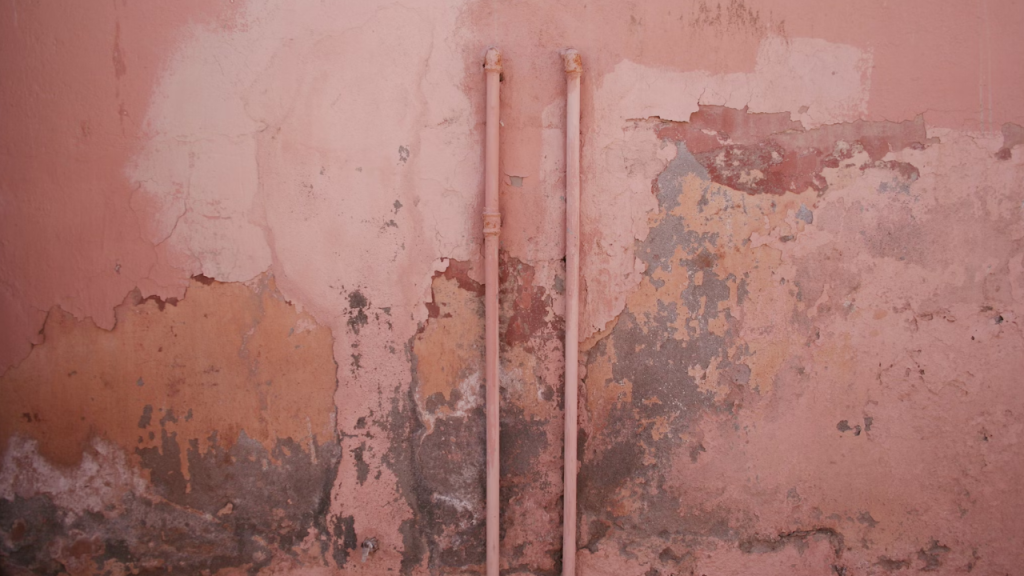Minimizing the Risk of Pipe Bursts in Residential Plumbing with the Right Pipe Material
3 min read
NJ water damage restoration
Winter in the fourth-smallest state in the US begins in the month of January and lasts till March. Ice storms and snow are common during the cold days. The temperature hovers between 25 to 35 degrees F. Depending on the material of your pipes, your property may be subjected to water damage due to burst water pipes during the coldest months of the year. While NJ water damage restoration is there to bring your property back to original condition, why not prevent water damage in your property?
There is a sudden drop in water density when temperature reaches the freezing point. As a result, water in the pipe expands. This makes the pipe explode outwards due to increased pressure.
Copper, CPVC pipe, and PEX are common materials used for making residential water pipes. Thin-walled copper pipes reach freezing temperature quickly due to rapid loss of heat. As copper is rigid, it does not expand and therefore, is likely to rupture under pressure. Chlorinated polyvinyl chloride (CPVC) is even less rigid than copper. This plastic becomes brittle as the temperature drops.
Why PEX Pipes
The remaining option is PEX. PEX (cross-linked polyethylene) pipes have gained significant popularity in residential plumbing due to their durability and flexibility, especially in climates prone to freezing temperatures like New Jersey. Unlike traditional copper or CPVC pipes, PEX pipes offer several advantages that make them less susceptible to freezing and bursting during winter months.
Benefits of PEX Pipes
One of the primary benefits of PEX pipes is their flexibility. Unlike rigid copper or brittle CPVC, PEX can expand and contract significantly without breaking. This flexibility allows PEX pipes to withstand the expansion of frozen water inside them without rupturing. When water freezes inside a PEX pipe, the material can stretch to accommodate the ice expansion, reducing the likelihood of bursting. This characteristic is particularly advantageous in regions where freezing temperatures are common during winter.
Moreover, PEX pipes are resistant to corrosion and scale buildup, which can be problematic in metal pipes like copper. Corrosion can weaken pipes over time, making them more susceptible to damage from freezing conditions. PEX’s resistance to corrosion ensures long-term reliability and minimizes the risk of leaks or bursts due to pipe degradation.
Another significant advantage of PEX pipes is their ease of installation. PEX is lightweight and flexible, making it easier and quicker to install compared to copper or CPVC. The flexibility of PEX allows for fewer connections, reducing the potential points of failure in the plumbing system. This simplicity in installation not only saves time and labor costs but also decreases the likelihood of installation errors that could lead to future water damage issues.
In addition to its flexibility and ease of installation, PEX pipes are known for their durability and longevity. PEX is highly resistant to chemicals found in soil and water, ensuring that the pipes maintain their structural integrity over time. This resistance to degradation contributes to PEX’s long lifespan, typically exceeding that of traditional materials like copper or CPVC.
Furthermore, PEX pipes have excellent thermal performance. They are better insulators than metal pipes, which helps maintain warmer water temperatures as water travels through the plumbing system. This thermal efficiency reduces the risk of freezing in cold climates and ensures consistent water flow even during winter months.
It’s important to note that while PEX pipes offer numerous advantages, proper installation is crucial to maximizing their benefits. Qualified plumbers should follow manufacturer guidelines and local building codes to ensure that PEX pipes are installed correctly and securely. This includes using appropriate fittings and supports to prevent stress on the pipes and ensuring adequate insulation in areas prone to freezing.
In conclusion, PEX pipes have revolutionized residential plumbing by offering a durable, flexible, and freeze-resistant alternative to traditional materials like copper and CPVC. Their ability to expand without breaking makes them highly suitable for climates with cold winters, such as New Jersey. By choosing PEX pipes for your plumbing system, you can significantly reduce the risk of water damage from frozen pipes. This choice not only enhances the longevity and reliability of the plumbing system but also provides peace of mind, knowing that their home is well-prepared to endure the challenges of winter weather effectively.

